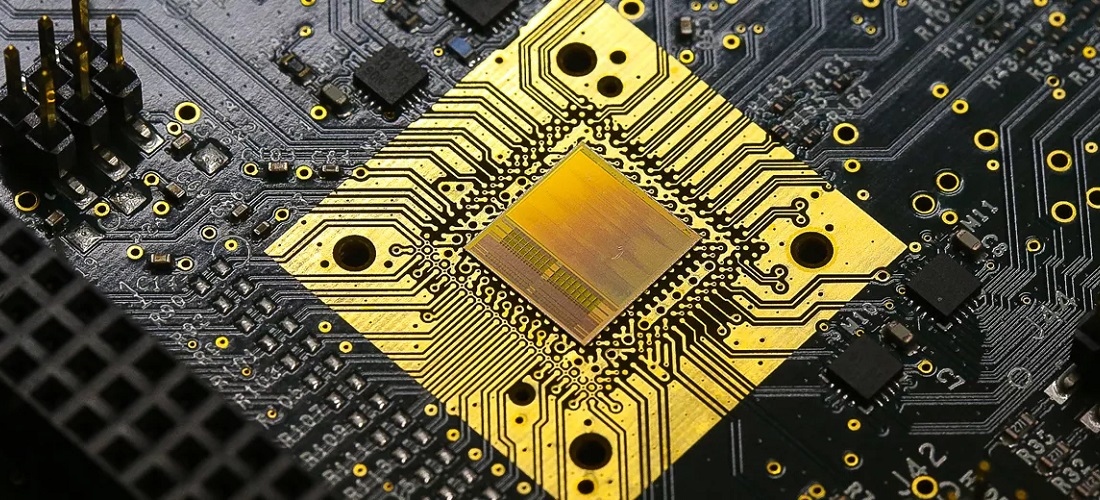
Russia’s export ban could make electronics more expensive
Mar, 29, 2022 Posted by Gabriel MalheirosWeek 202213
Fears that products will become more expensive have been reported in several countries since Russia announced a restriction on the export of more than 200 products manufactured in the country due to the sanctions imposed after the conflict in Ukraine began, which is also true for Brazil.
According to Abinee (Brazilian Electrical and Electronics Industry Association), the price of tech products may increase depending on how long the conflict will last. However, it is still difficult to predict precisely how much.
Abinee also says that the companies it represents in Brazil do not import inputs directly from Russia, only indirectly. That is the case when the country exports raw materials to international component suppliers.
The list of Russian sanctions includes cars, agricultural machinery, wagons, locomotives, containers, turbines, metal and stone cutting machines, video displays, projectors, consoles, and power distribution boards.
Marcelo Matos, the founder of foreign trade management company Kestraa, believes that great inflationary pressure will be applied to these items. “Russia’s invasion of Ukraine exacerbates the crisis that the logistical chain has been dealing with since the pandemic began,” says him.
That is because Russia is among the world’s leading exporters of coal, in addition to being one of the largest producers of palladium, aluminum, copper, and nickel. Palladium, for example, is used in memory and sensor components. Nickel is the raw material used to manufacture batteries and metal alloys.
Neon gas is one of the items that Russia stopped exporting. A by-product of the Russian steel industry, it is purified in Ukraine and transported from there to the rest of the world to be used to produce chips and processors. This sector has faced many challenges since the pandemic began.
According to Techcet, over 90% of semiconductor-grade neon supplied to the United States comes from Ukraine. Therefore, the war in the Black Sea can leave the market with no access to the product. Here in Brazil, Abinee has estimated that 73% of electronic device factories that use semiconductors in production are currently struggling to find them on the market.
In general, foreign corporations have diversified the source of manufacturing inputs and do not expect severe effects from the conflict for the time being. However, if the battle progresses, projections may change.
Source: UOL
To read the full original article, please go to:
-
Shipping
Mar, 25, 2020
0
Anvisa establishes new rules for seafarers to control Coronavirus
-
Trade Regulations
Feb, 08, 2023
0
Sines Port takes first steps to create Brazilian fruit logistics hub
-
Shipping
May, 27, 2024
0
Surging China Exports Boost Shipping Rates to Latin America
-
Shipping
Apr, 08, 2021
0
CMA CGM to discontinue SAMWAF service

